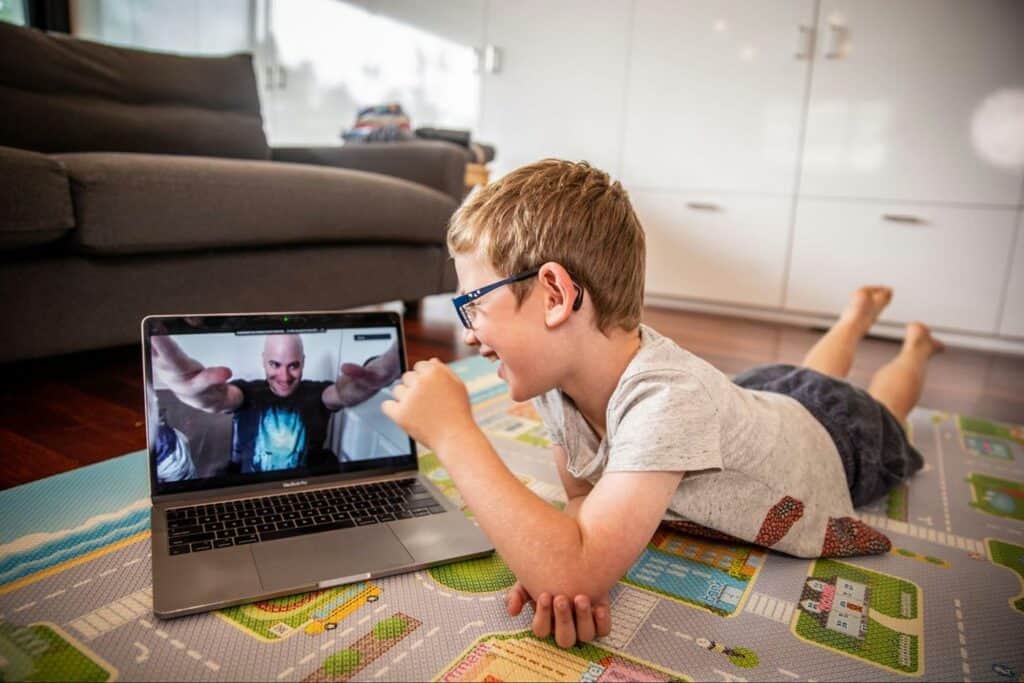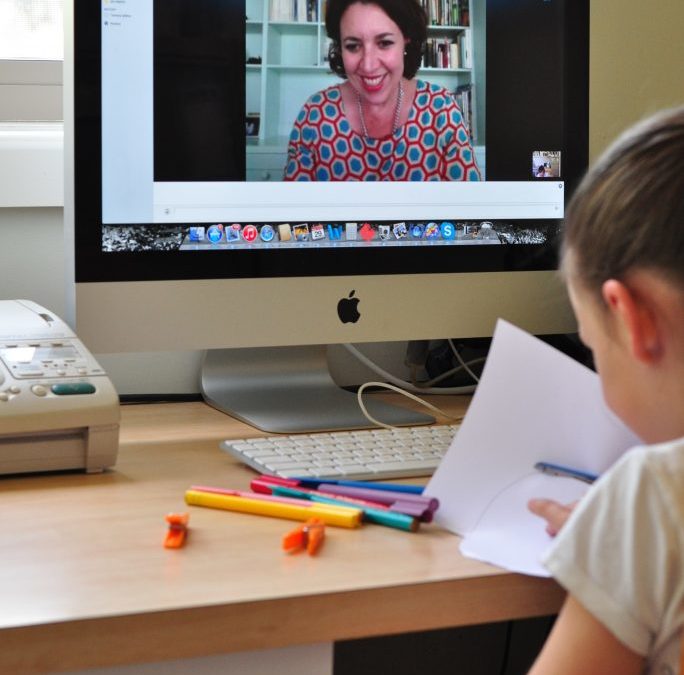Physiotherapy and Occupational Therapy are two disciplines that work very closely however there are some key differences. In this article, we explain the differences and help you to understand these allied health services.
Physiotherapy: Developing and Restoring Function and Movement
Physiotherapy is an allied health service that offers a holistic approach to improving movement and function, managing pain and enhancing your overall quality of life. By addressing the root causes of conditions and injuries, our team of dedicated physiotherapists are here to empower you to regain strength, mobility, and confidence.
At Therapy Connect, we understand that every person’s challenges are unique, and we’re committed to offering tailored care to our clients across Australia.
The Key Focus Areas of Online Physiotherapy:
- Assessment and Diagnosis: Physiotherapists take the time to understand the underlying causes and effects of your condition and the subsequent challenges. Through comprehensive assessments and ongoing therapy, Physiotherapists can identify areas of functional limitations and offer valuable insights into your condition and help to improve your quality of life.
- Therapy Techniques: Online physiotherapy focuses on education and exercises that improve function, manage pain, restore gross motor skills, and enhance your capability in daily living.
- Rehabilitation: Physiotherapists develop personalised plans that focus on rehabilitation and preventing future complications. They provide you with education and guidance on effective strategies to prevent further functional decline and improve community and social participation, as well as enable individuals to maximise their quality of life.
Occupational Therapy: Enhancing Functional Independence and Quality of Life
Occupational therapy is designed to help individuals participate in meaningful activities that matter to them, such as playing with friends, cooking a meal, or starting a new hobby. Our team of occupational therapists works with individuals of all ages to enhance fine motor skills, improve functional capability, and support you in achieving your goals.
The Key Focus Areas of Occupational Therapy:
- Activities of Daily Living (ADLs): Occupational therapists focus on everyday tasks like grooming, dressing, and eating. They help you or your family members improve these tasks and also address more complex ADLs like meal preparation and transportation. Additionally, they address issues related to sleep, energy conservation and relaxation, recognising their crucial role in your wellbeing.
- Cognitive and Emotional Wellbeing: Occupational therapists understand that cognitive impairments, memory deficits, and emotional challenges can significantly impact your ability to engage in daily activities. Our team of occupational therapists use therapeutic techniques to improve cognitive skills, emotional well-being, and overall quality of life, helping clients overcome developmental or cognitive disabilities.
- Assistive Technology (AT): Occupational Therapists support individuals in assessing and prescribing assistive technology to improve an individual’s ability to complete daily living tasks safely and more independently. This can include a range of items from seating, sensory equipment, mobility aids and aids to assist with everyday tasks.
Understanding the Distinctions
While both physiotherapy and occupational therapy focus on improving your quality of life, they have distinct areas of emphasis:
- Physiotherapy primarily focuses on physical impairments, musculoskeletal injuries, and neurological conditions. It aims to build and restore physical function, manage and alleviate pain, and enhance mobility.
- Occupational therapy focuses on enabling you to engage in meaningful activities. It addresses the physical, cognitive, emotional and environmental challenges that may get in the way of participating in daily tasks and empowers you to be more independent.
The Connection Between Occupational Therapy and Physiotherapy
Physiotherapists focus on helping to reduce pain and increase physical mobility, while occupational therapists concentrate on improving an individual’s ability to perform everyday tasks. When comparing occupational therapy vs physiotherapy, both play key roles in increasing fine and gross motor skills. , . By addressing both physical and functional limitations, they work together to improve overall independence and quality of life.
Why is Therapy Connect your Ideal Destination?
When searching for services that encompass both physiotherapy and occupational therapy, Therapy Connect is an excellent solution. Our team of dedicated and experienced professionals will take the time to understand the challenges you may face and are committed to supporting you and your support network.
At Therapy Connect, we believe in the power of collaboration, and that’s why we take a multidisciplinary approach to care. This means that our physiotherapists and occupational therapists work hand in hand to tailor therapy specifically for you, addressing your unique needs and goals.
Choosing the Right Therapy
Selecting the most suitable therapy depends on your individual needs and your desired outcomes. The process for engaging with Therapy Connect will ensure you work with the right therapist to meet your needs. There are three steps to getting started with Therapy Connect:
Step 1: Complete the Registration Form and attach relevant reports and NDIS details.
Step 2: We will arrange an initial clinical service appointment on a video call with a senior practitioner to confirm your therapy support needs, develop a service plan with you and test the technology.
Step 3: We will allocate the best practitioner from our highly-qualified and experienced team to meet your needs and arrange an appointment to get you started.
Get Started
Physiotherapy and occupational therapy are interconnected disciplines that play important roles in the lives of people with disabilities. Physiotherapy focuses on building and restoring physical function and mobility, while occupational therapy aims to enhance functional independence and engagement in meaningful activities. These disciplines work together to help you achieve your goals holistically.
Understanding the difference between occupational therapy and physiotherapy empowers you to make informed decisions about your healthcare journey. Therapy Connect is here to help you find the right care and match you with the best therapist for your needs.




